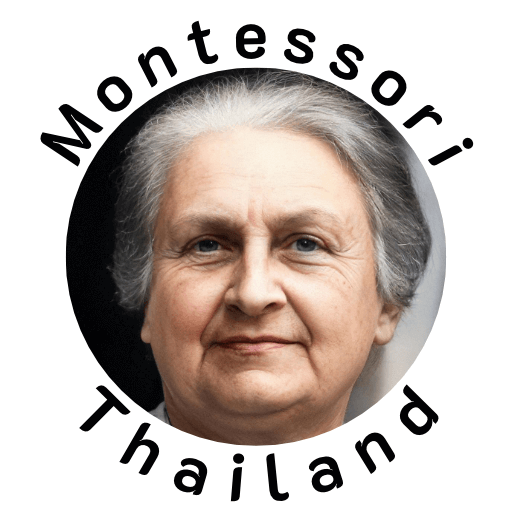In Montessori education, imagination is regarded as a powerful tool that aids in the process of abstract learning and intellectual exploration[1]. The method encourages the use of imagination to enable children to understand complex concepts that cannot be imparted through a single lesson.
As per the Montessori philosophy, children enter a sensitive period for imagination in the second plane of development (from ages 6-12), often referred to as the Conscious Period. During this phase, children are able to conceptualize understanding abstractly, without the need for concrete materials[2].
Imagination is particularly emphasized in the third plane of development (adolescence), where creativity and self-expression become predominant modes of imaginative use.
Contents
- 1Montessori Quotes on Imagination
- 2Research and Critiques on Imagination
- 3Comparison to Other Methods
- 4Glossary of Montessori Terms
- 5Please help to translate this page into your local language
- 6References
Montessori Quotes on Imagination
“The secret of good teaching is to regard the child’s intelligence as a fertile field in which seeds may be sown, to grow under the heat of flaming imagination.”
— Maria Montessori, “To Educate the Human Potential”
